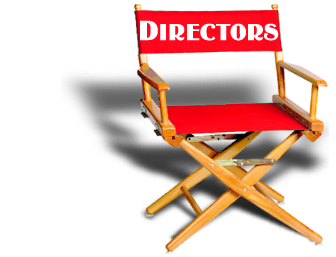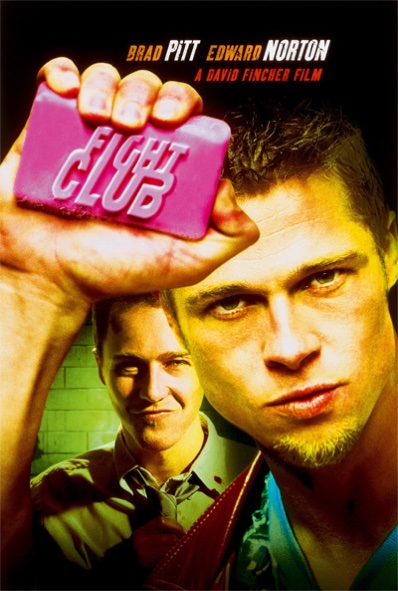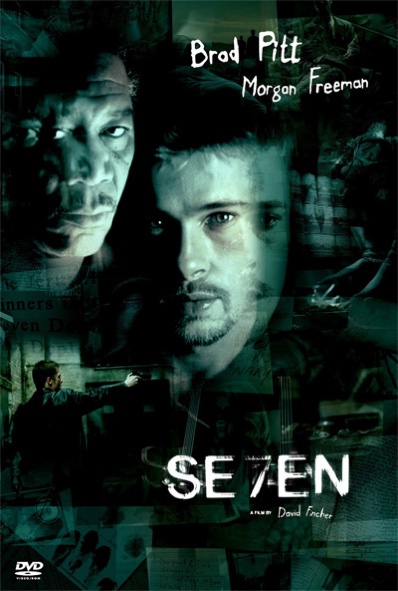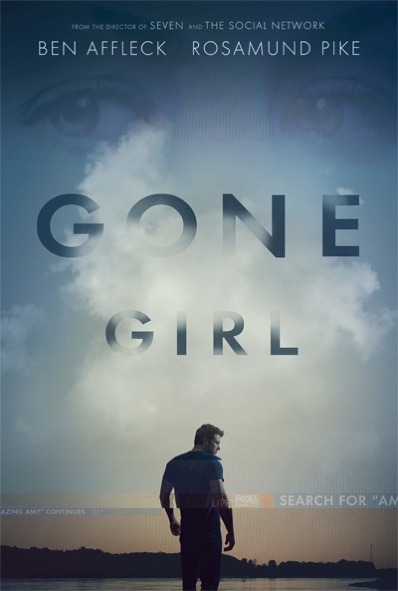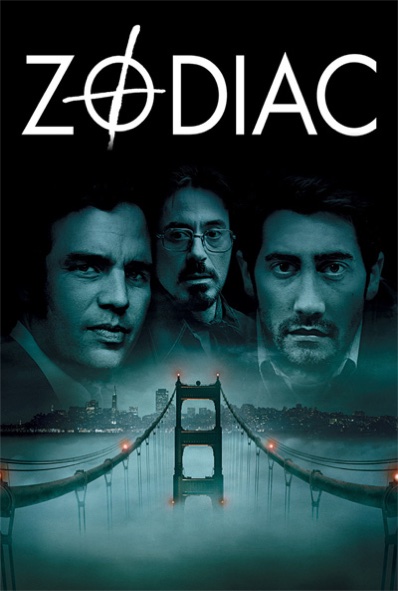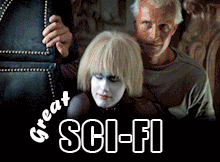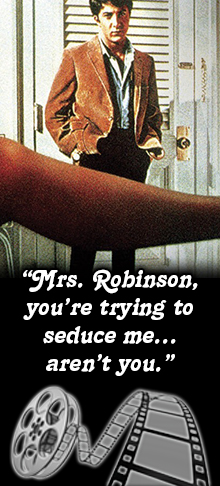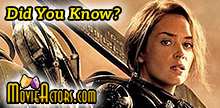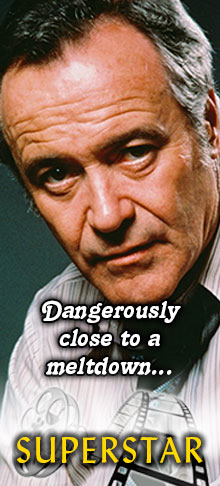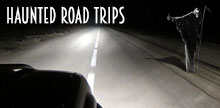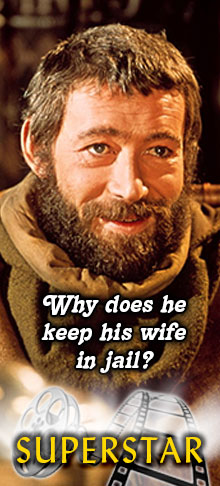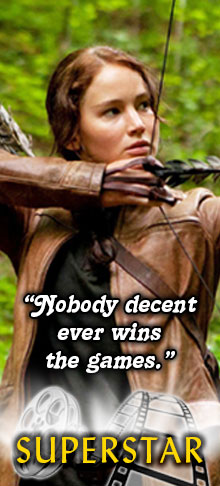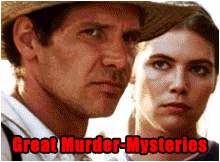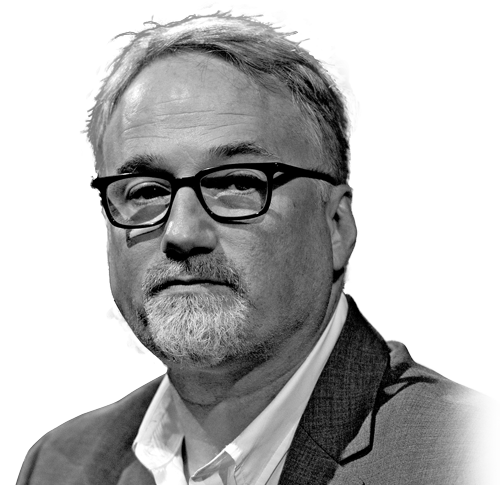
David Fincher
Best known for his psychologically intense thrillers, including Seven (1995), Fight Club (1999), and Gone Girl (2014) — and his mystery thrillers Zodiac (2007) and The Girl with the Dragon Tattoo (2011).
David Andrew Leo Fincher was born on August 28, 1962 in Denver, Colorado, the son of Claire Mae (née Boettcher), a mental health nurse from South Dakota who worked in drug addiction programs, and Howard Kelly Fincher, an author from Oklahoma who worked as a reporter and bureau chief for Life. Fincher knew from a young age he wanted to go into filmmaking. When Fincher was two years old, the family moved to San Anselmo, California. Fincher moved to Ashland, Oregon in his teens, where he graduated from Ashland High School. During high school, he directed plays and designed sets and lighting after school, and was a non-union projectionist at a second-run movie theater, production assistant at the local television news station KOBI in Medford, Oregon, and took on other odd jobs such as fry cook, busboy, and dishwasher.
Fincher was employed at Korty Films as a production assistant. He moved up the ranks and became a visual effects producer, working on the animated Twice Upon a Time (1983). He was hired by Industrial Light & Magic in 1983 as an assistant cameraman and matte photographer, and worked on Return of the Jedi (1983) and Indiana Jones and the Temple of Doom (1984). In 1984, he left ILM to direct a commercial for the American Cancer Society that depicted a fetus smoking a giant cigarette. This brought Fincher to the attention of producers in Los Angeles, and he was given the chance to direct the 1985 Rick Springfield documentary The Beat of the Live Drum. Though he would continue to direct spots for Levi’s, Converse, Nike, Pepsi, Revlon, Sony, Coca-Cola, Chanel, and other companies, Fincher began to focus on music videos. He directed the video for 1986’s “We Don’t Have to Take Our Clothes Off”, which was the biggest commercial success for pop/R&B singer Jermaine Stewart, and worked extensively with Madonna, directing videos for “Express Yourself”, “Oh Father”, “Vogue” and “Bad Girl.”
Set on a directing career, Fincher co-founded video-production company Propaganda Films and started off directing music videos and commercials. Like Fincher, directors such as Michael Bay, Antoine Fuqua, Michel Gondry, Spike Jonze, Alex Proyas, Paul Rachman, Mark Romanek, Zack Snyder, Gore Verbinski and others honed their talents at Propaganda Films before moving on to feature films.
After directing several music videos, Fincher’s feature debut was Alien 3 (1992). While it received an Oscar nomination for visual effects, the film was not well received by critics or moviegoers. Fincher became involved with several disputes with 20th Century Fox over script and budget issues. In Director’s Cut: Picturing Hollywood in the 21st Century, he blames the producers for not putting the necessary trust in him. He stated in an interview with The Guardian in 2009: “No one hated it more than me; to this day, no one hates it more than me.” After this, he retreated back into the world of commercial and music video directing, including the video for the Grammy Award-winning track “Love Is Strong” (1994) by The Rolling Stones.
In 1995, Fincher directed Seven. The film, based on a screenplay by Andrew Kevin Walker, told the story of two detectives (Brad Pitt and Morgan Freeman) tracking down a serial killer who bases his killings on the seven deadly sins. The film grossed more than $100 million domestically (over $300 million internationally).
After the success of Seven, Fincher went on to film The Game (1997). The story focused on a closed-off San Francisco businessman (Michael Douglas) who receives an unusual gift from his younger brother (Sean Penn), in which he becomes the main player of a terrifying role-playing game that takes over his life. The film had middling box-office returns despite being well received by critics.
Fight Club (1999) is a screen adaptation of Chuck Palahniuk’s 1996 novel about an insomniac office worker who opens up a club devoted exclusively to bare knuckle fighting for men. Featuring Edward Norton, Helena Bonham Carter, and Seven collaborator Brad Pitt, the film was an early disappointment at the box-office and received mixed reviews. Entertainment Weekly, which had originally given the film a D-, later ranked the DVD #1 on its list of 50 Essential DVDs.
In 2006, the British magazine Total Film voted Fight Club number four in the 100 Greatest Movies of All Time, beaten only by Jaws, Vertigo and Goodfellas.
In 2002, Fincher followed up with the thriller Panic Room. The film earned over $92 million at the U.S. box office. The story follows a single mother (Jodie Foster) and her daughter (Kristen Stewart) as they hide in a safe room of their new house, away from criminals (Forest Whitaker, Dwight Yoakam, and Fight Club collaborator Jared Leto) bent on finding a missing fortune. Fincher acknowledged Panic Room as a more mainstream thriller, describing the film, on the DVD’s audio commentary, as ” a date movie” and a “really good B movie” about “two people trapped in a closet”.
Five years after Panic Room, Fincher returned with Zodiac, an adaptation of Robert Graysmith’s books about the hunt for the Zodiac Killer that starred Jake Gyllenhaal, Mark Ruffalo, Robert Downey, Jr., Anthony Edwards, and Brian Cox.
Zodiac was one of the best-reviewed films of that year, with only two other 2007 films appearing on more top-10 lists (No Country for Old Men and There Will Be Blood). However, the film struggled at the box office in the U.S., earning only $33 million, but did well overseas with a foreign gross of $51.7 million. Worldwide, Zodiac was a decent success. Despite an aggressive campaign by the studio, expectations surrounding Robert Downey, Jr.’s supporting performance, Fincher’s direction and Vanderbilt’s adapted script, the film did not earn a single Academy Award nomination.
A story about life and death, The Curious Case of Benjamin Button is an adaptation of F. Scott Fitzgerald’s short story of the same name. The film was Fincher’s third with Brad Pitt, and received 13 nominations at the 81st Academy Awards, including Fincher’s first nomination for Best Director. It won three Academy Awards for Best Art Direction, Best Makeup, and Best Visual Effects.
Fincher directed the 2010 film The Social Network, about the legal battles of Mark Zuckerberg and the founding of Facebook. The film features an Oscar-winning screenplay by Aaron Sorkin, adapted from the book The Accidental Billionaires. Featuring a young cast ensemble, the film was produced by Scott Rudin, Kevin Spacey and Michael DeLuca. Filming started in October 2009 and was released a year later, to critical acclaim. Trent Reznor and Atticus Ross created the Oscar-winning soundtrack for the film.
Fincher directed the American version of The Girl with the Dragon Tattoo, which was based on the book by Stieg Larsson, with a script written by Steven Zaillian. The film was shot in Sweden, with Rooney Mara (who played Erica Albright in The Social Network) as Lisbeth Salander, Daniel Craig as Mikael Blomkvist, Robin Wright as Erika Berger, Stellan Skarsgård as Martin Vanger and Christopher Plummer as Henrik Vanger.
Fincher is executive producer of the Netflix television series House of Cards; he also directed the first two episodes. The series has received critical acclaim, receiving nine Primetime Emmy nominations, including Outstanding Drama Series and Fincher for Outstanding Directing for a Drama Series for the first episode, which he won.
Fincher directed the adaptation of Gillian Flynn’s novel Gone Girl, and went on to sign a three-series deal with HBO for Utopia, Shakedown, and Living on Video. He was to handle the directing and writing duties for the first season of HBO’s adaptation of Utopia, a British television series, but budget disputes between HBO and Fincher led to the project being cancelled in July 2015.
Shakedown, a noir-ish crime drama, set in LA in the 1950s, is about a tabloid world and the underbelly of Los Angeles in the 1950s and centers on a real-life private detective. It is inspired by the life of legendary 1950s Hollywood vice cop-turned-private eye Fred Otash. Fincher will be producing the series while author James Ellroy will be developing the series. This will be Fincher’s second TV project after House of Cards on Netflix, which also attracted actor Kevin Spacey. Living on Video, a comedy set in the 1980s, will follow a character named Robby, a college drop out, pursuing his dream as a music video and film director in Hollywood. Red Band Society actor Charlie Rowe will play the lead role. Fincher is attached to direct another Netflix TV series, Mindhunter, starring Holt McCallany and Jonathan Groff. The series is based on the book Mind Hunter: Inside the FBI’s Elite Serial Crime Unit.
Fincher married model-photographer Donya Fiorentino in 1990 and divorced in 1995. They have a daughter, Phelix Imogen Fincher. Fincher is currently married to producer Ceán Chaffin.
David Fincher’s directing credits include…
| Year | Movie |
|---|---|
| 1992 | Alien 3 |
| 1995 | Seven |
| 1997 | The Game |
| 1999 | Fight Club |
| 2001 | The Hire |
| 2002 | Panic Room |
| 2005 | Lords of Dogtown |
| 2006 | Love and Other Disasters |
| 2007 | Zodiac |
| 2008 | The Curious Case of Benjamin Button |
| 2010 | The Social Network |
| 2011 | The Girl with the Dragon Tattoo |
| 2014 | Gone Girl |
Memorable Quotes by David Fincher
“I don’t know how much movies should entertain. To me, I’m always interested in movies that scar. The thing I love about Jaws (1975) is the fact that I’ve never gone swimming in the ocean again.”
“Directing ain’t about drawing a neat little picture and showing it to the cameraman. I didn’t want to go to film school. I didn’t know what the point was. The fact is, you don’t know what directing is until the sun is setting and you’ve got to get five shots and you’re only going to get two.”
“People will say, “There are a million ways to shoot a scene”, but I don’t think so. I think there’re two, maybe. And the other one is wrong.”
“I went to a place called the Berkeley Film Institute for a summer program with a grade-school friend of mine, and we just thought it was a joke. It was very impressionist, very Berkeley. There were all these people who were there to communicate and change the world, to do all these lofty things–and then they made these really shitty, stupid little movies.”
“I don’t think of myself as difficult. We’re expected to do stuff that’s awesome. That means we’re going to have to push each other.”
“I am a contrarian by nature, so all it does is make me want to take real risks. I am like, ‘If we are not out on the ledge juggling chain saws, then we are doing ourselves a huge disservice.’”
Things You May Not Know About David Fincher
His video for Madonna’s “Express Yourself” was voted #1 in Slant Magazine’s list of the Top 100 Videos. Two of his other Madonna videos also made the list: “Vogue” at #4 and “Oh, Father” at #11.
He has been close friends with Brad Pitt ever since working with him on Se7en (1995).
He turned down an offer to direct 8MM (1999), opting to do Fight Club (1999) instead.
While growing up in Marin County, one of his neighbors was George Lucas. He later worked on the special effects crew of Star Wars: Episode VI – Return of the Jedi (1983).
It was the 1969 feature film Butch Cassidy and the Sundance Kid (1969) that inspired him to pursue a career in film.
He met his partner, Ceán Chaffin, in the early ’90s when she produced a Japanese Coca-Cola ad he was directing.
